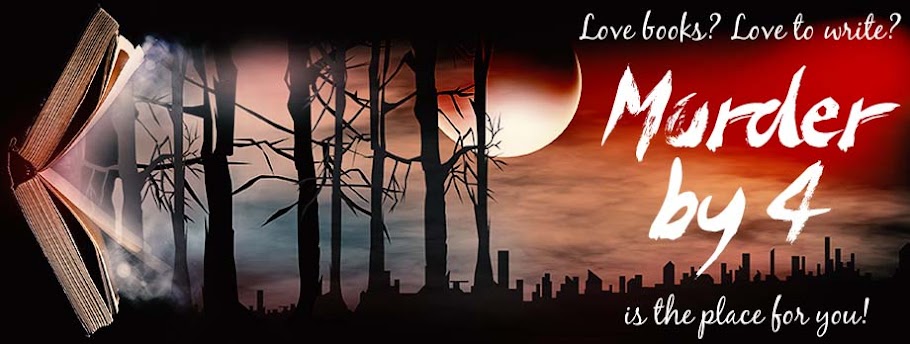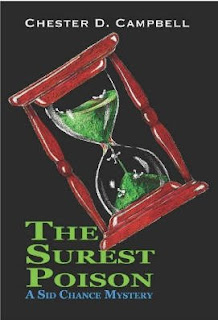
repost, copyright 2009, Aaron Lazar
There is a moment in every author’s life when he or she experiences a sudden pang of loss, and sweet sorrow descends like soggy tissues on a broken heart.
Man or woman, romance or action writer, sensitive poet or straight shootin’ scene churner, it hits us one and all. It’s the moment we reach at the end of our long suffering days, those focused, driven, passionate hours, plastered with outpourings of words that evolved into our current work in process. The moment we type, “The End.”
It happens to all of us. Sometimes, there’s a delayed reaction, and suddenly it sneaks up to slay us, the next day. Macho man or lyrical lady, none are immune.
In my case, I don’t actually burst into tears. But my throat tightens, a lump forms, and I fight back moisture that puddles and threatens to overflow.
My God. It’s over. What will I write tomorrow?
Of course, I really know what I’ll write next. I have pages full of books begging to be written, and each vies for attention as the finish line comes into view, weeks before the ending is in sight. Articles crop into my head that have simmered there for weeks. Cover designs lure me like Sirens to the Photoshop Rocks, and I ache to try something new. Perhaps a psychological suspense, or a saucy romance?
What really happens is a tearing apart of a bond that forms between one’s heart and one’s work. It’s an invisible tug, a feeling of companionship about to be severed. This place that has become a refuge from life, this world with new friends, emotive scenes, and free adrenaline rushes – is suddenly balled up into a wad of virtual paper and tossed off the cliff into the next realm. The editing, or polishing phase. Which just doesn’t have the same allure, you know?
Last night I experienced this sensation for the eleventh time. Yup. It was a nostalgic kind of sadness, a choking momentary paralysis reminiscent of stolen memories from my childhood or the loss of a loved one. I finished LADY BLUES, the ninth in the LeGarde mystery series.I admit I am obsessed. I hover over this parallel universe like a frantic father, controlling and finagling events for Gus LeGarde and his family to navigate through until they scream for help.
Sometimes, I’m kind. And sometimes, I’m not.
I’ll let you in on a little secret. Do you write series books that critics might react to with words like, “How can so many things happen to one guy?” If so, use this trick. Tell the naysayers they must “employ the suspension of disbelief.” It makes them stop for a minute to ponder, it is actually true for any type of fictional venue, and it makes you sound really literary.
If that doesn’t work, tell them, “Hey. It’s fiction. It’s supposed to be entertainment, not a reality show.” Of course, our fictional works are often more authentic than contrived TV shows, anyway. If they’re still being jerks about it, tell them to go buy a manual on brake replacement.
Even though I am a series writer who gets to “keep” his characters from book to book, there is always a feeling of loss, because I feature new characters from the local community in each successive book. The main cast of characters are ever-present. I’ll never lose them, thank God, and they do provide an immeasurable amount of comfort each time through. I feel deeply for each one, I know them inside and out, and I treasure every scene I get to share with them. Okay, that sounds a bit hokey, but it’s true.
But the featured characters usually don’t come back. They flit in and out of Gus’s life, providing wonderful counterpoint or drama, need or redemption, and then… they’re gone. Oh, occasionally I mention them down the road, but it’s not my practice to bring them back. Just as my hero, John D. MacDonald never reintroduced Travis McGee’s lovers (he usually killed them off, much to my disappointment), each new episode thrust a needy client or vicious villain into our view for just…one…book.
And so, last night as I sat alone in the dark room with my sticky-hot laptop humming as it shut down, a sense of loss hit me. Hard.
I would spend no more evenings with Kip Sterling, the octogenarian who lost his memory on the night Glenn Miller mysteriously disappeared, the jazz era “music man,” shoveled from nursing home to nursing home for the past sixty years, with no family or real identity until Gus LeGarde befriended him and began to dig into his past.
Or Bella Dubois, Kip’s Nubian black lover who crooned bluesy tunes in Harlem between secret trysts with Kip, her beloved piano player. I had fallen hard for Bella, just as Kip did, and imagined wonderful blue smoke-filled nightclubs with her purring at the microphone in a slinky green dress that sparkled and shifted like surf on the beach. Never mind that I hate smoke and can’t stomach the stench of it, I suppressed that little bit of truth to imagine the romance of the era.
And what about Debbie, the feisty, stout nurse who used to be a dancer, with the penny red curls and sense of righteous justice, who would not bend beneath threats from Novacom, the evil drug company? I grew quite fond of her fiery courage.
Or my most recent favorite, Lucy Sedgewick, the gay ex-FBI agent-turned-woodworker, who partnered up with Gus to save the lives of Debbie and Kip when the power of the mighty dollar turned against them? Gus and she shared the loss of their beloved partners through cancer, and the bond between them had just begun to cement toward the end of the book.
Maybe I’ll bring Lucy back. Or perhaps she’ll get her own book some day. It’s definitely on the list.
So, what do you do when you type “The End?” Do you put your work aside for a while, go out and live life for a few weeks? I’ve done that a few times. Sometimes it’s plain necessary to recharge the creative juices.
Or, do you immediately turn back to chapter one to polish the manuscript and look for inconsistencies before you send it out to your critique partners or inner circle of pre-readers?
Alternatively, do you put your manuscript aside for a year to let it simmer, while you blast through a few more novels?
I’ve done it both ways. Normally, I set it aside for at least six months, and give in to my massive craving for “creating new.” Then, when I’ve forgotten most of what I wrote (don’t laugh, I’m serious!), I return to it and am both delighted and horrified at what I’ve written. That’s when the real roll-up-your-sleeves editing begins.
My advice is to discover what works for you through trial and error. There’s no hard and fast rule about dealing with this hand-off, and no unwritten rule that you must deal with it the same every time.
Most importantly, whether or not you need a hiatus in which you reconnect to family or friends, be sure to return to writing as soon as possible. Whether it be an article, like this, or the start of your next best-seller, keep writing. Don’t ever stop. Give us more, and steam ahead to forge those new bonds that will hopefully return you to the tissues the next time you type, “The End.”
***
Note: While I'm on the hunt for a new day job, I'm going to occasionally repost some of my earlier columns. Thanks for your patience, my dear friends!
Aaron















